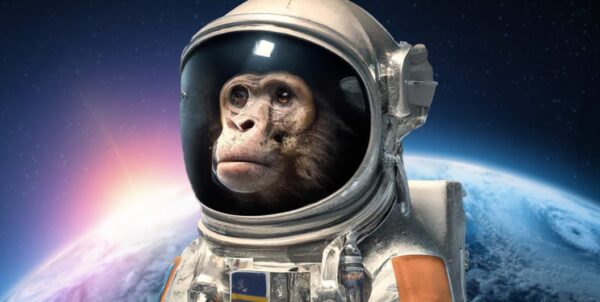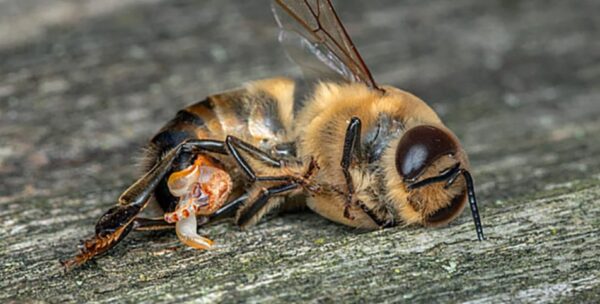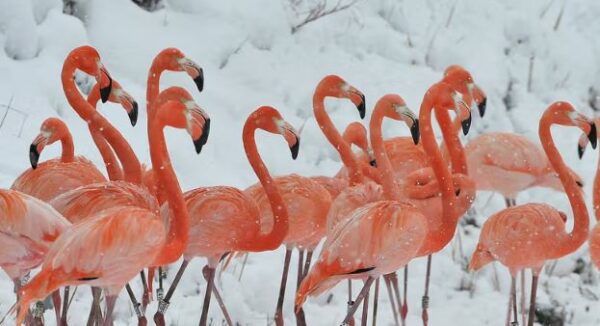Lifestyle
5 animals that love to dance just like humans
There are various reasons why animals “dance.” Sometimes, it’s in reaction to sound, while other times it’s part of their natural behaviour during courtship.
One thing is certain: when these animals hear music, they get moving!
1. Mudskippers
Mudskippers are outdoor performers who live in muddy holes.
Males impress females with various behaviours, such as snout touching, dorsal fin display, body arching, and tail twirling.
Additionally, they have a reputation for making amazing airborne leaps.
2. The manakin bird
These birds, native to Ecuador and Colombia, have a distinctive mating dance in which they generate a ticking noise with their wings, a brief flight followed by a moonwalk-style dance on a branch.
3. Cockatoo
A neurobiologist at the Neurosciences Institute of San Diego was inspired to research whether cockatoos have a built-in sense of rhythm or can be trained to react to music in 2009 after seeing a video of a cockatoo named Snowball bobbing his head to Backstreet Boys songs go. It was proven that they could dance.
4. Dancing flamingos
Scientists studying wild greater flamingos in the Camargue have shown that these birds can execute 136 dance routines during courtship.
The intricacy of these dances rises with age until approximately the age of 20, at which point it reduces.
Head flagging is a popular dance technique that gets the flock ready for breeding. Both males and females can participate, but the largest, most strikingly pink males usually initiate it.
5. Elephants
Elephants move their bodies side to side, usually with one foot off the ground, and gently swing their trunk and head. They also flap their ears back and forth and sway their tail.
It’s interesting to see that animals love dancing as much as humans.











